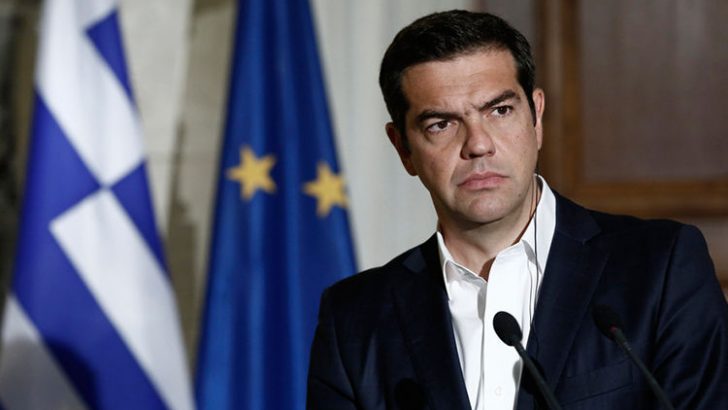An effort by Prime Minister Alexis Tsipras of Greece to start severing ties between the state and the Greek Orthodox Church, including taking priests off civil service payrolls, has opened up divisions within the church which has played a dominant role in the country’s life for centuries.
Mr Tsipras and the head of the Orthodox Church, Archbishop Ieronymos, announced a tentative deal this month to remove clerics from the state payroll and to resolve a longstanding dispute over church property.
The Holy Synod, the church’s governing body, whose approval would be required for the proposal to advance, held an emergency session on Friday to discuss the matter, rejecting out of hand any changes to priests’ pay status and calling for more “dialogue” on the other issues.
Although the proposed deal would not essentially affect the wages of the roughly 9,000 Greek priests — the state would pay an annual lump sum of around €200 million, into a fund to be managed by the church — they would no longer be civil servants.
Prospect
That prospect has stoked fears for job security in the debt-racked country, where most public sector positions remain all but permanent despite a series of cutbacks during the recent financial crisis.
There are also reservations about the proposal for the church properties, under which the Orthodox Church would not pursue claims against those that have been taken over by the state, but both parties would be able to make use of the properties jointly.
Initiative
The initiative is part of a broader review of the Greek Constitution that Mr Tsipras’s leftist-led coalition has long promised, with the aim of making Greek politics “more democratic and progressive”.
Midway through November members of the Greek clerics’ association met with leaders of political opposition parties to air their grievances. In a statement, the association said it “cannot be silent faced with the most violent attempt to violate labour rights in the country’s modern history”.
Many clerics are outraged at the initiative in principle.


 Prime Minister Alexis Tsipras of Greece
Prime Minister Alexis Tsipras of Greece 